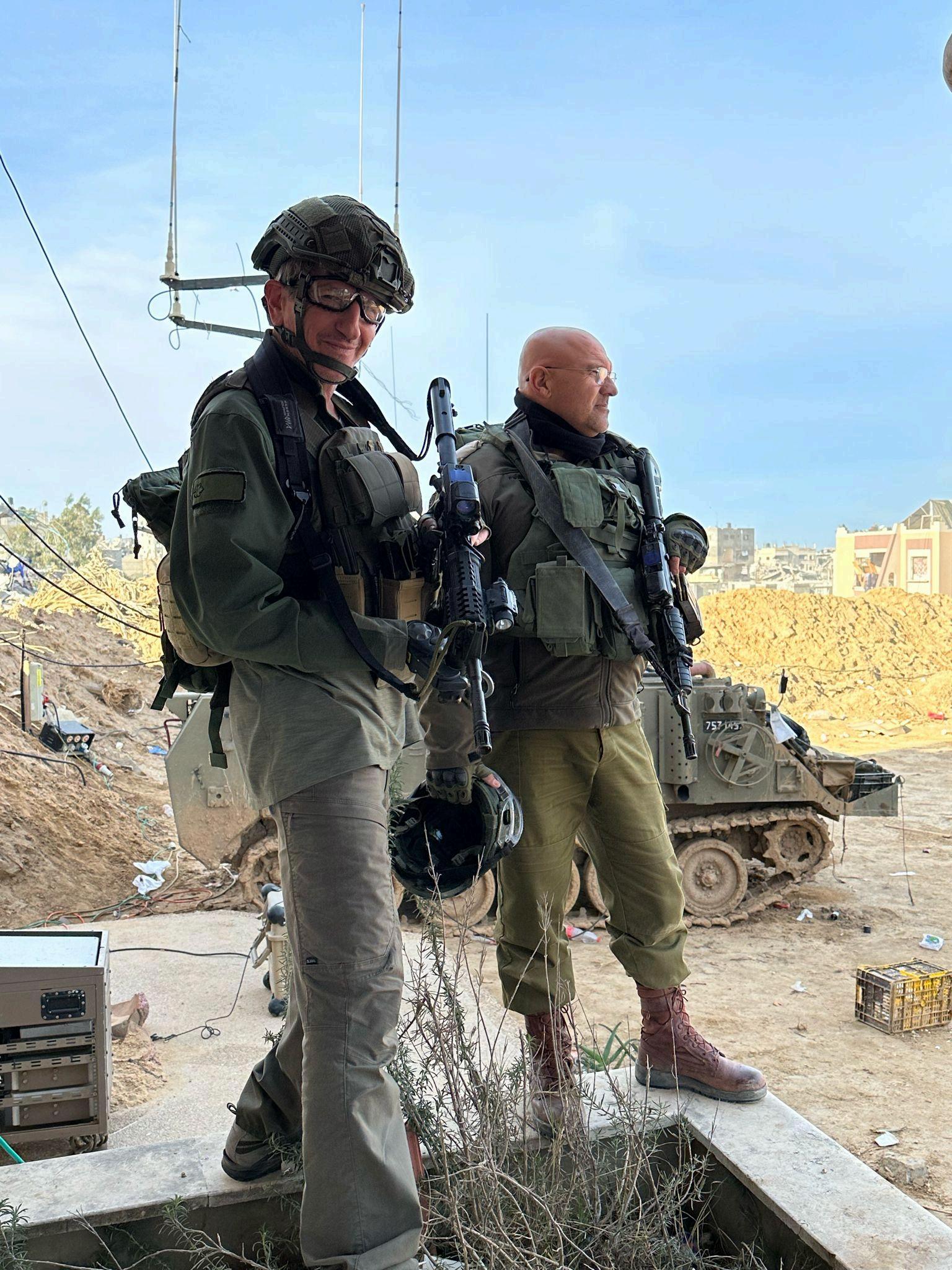Rami Beracha: How to Stay Human
When Every Decision Feels Like a Crisis

Rami Beracha understands that somewhere between your first big promotion and your tenth crisis meeting, something shifts. Suddenly, every choice feels monumental, every conversation carries hidden landmines, and you catch yourself rehearsing casual interactions like they're court testimonies. It's the slow transformation from person to decision-making machine – and it's happening to more of us than anyone wants to admit.

The pressure starts subtly Maybe it's the first time you have to choose between two equally deserving team members for a promotion. Or when you realize that saying yes to one client means disappointing another. Each decision chips away at your comfort zone until you're living in a constant state of calculated risk assessment, measuring every word and weighing every action.
What really messes with your head is how these choices compound The vendor you chose three months ago has just experienced a security breach. The employee you decided not to promote is now interviewing elsewhere The market shift you bet against is suddenly accelerating. Every decision echoes forward in ways you couldn't predict, creating this weird anxiety about choices you haven't even made yet.

The isolation hits differently than you'd expect. Friends and family start seeing you as "the person who always has their act together," which means fewer people want to hear about your doubts or fears Meanwhile, you're desperately craving someone who understands that being responsible for outcomes doesn't mean you actually know what you're doing half the time.

Here's what keeps me grounded: remembering that behind every tough call is a human being trying to do their best with imperfect information That includes you The goal isn't to become some emotionless decision-making robot – it's to stay connected to your humanity while accepting the weight of responsibility
The healthiest leaders I know have rituals that remind them of who they are beyond their decision-making role It could be coaching their kid's soccer team, where the most significant crisis is someone forgetting their cleats, or volunteering somewhere that puts their daily challenges in perspective. Or simply having friends who knew them before they became "important" and still treat them like regular humans

Because here's the thing about tough calls – they're not just testing your judgment or strategic thinking. They're testing whether you can handle the responsibility of influence without losing yourself in the process The best leaders aren't the ones who make perfect decisions They're the ones who make necessary decisions while staying connected to why those decisions matter in the first place.

